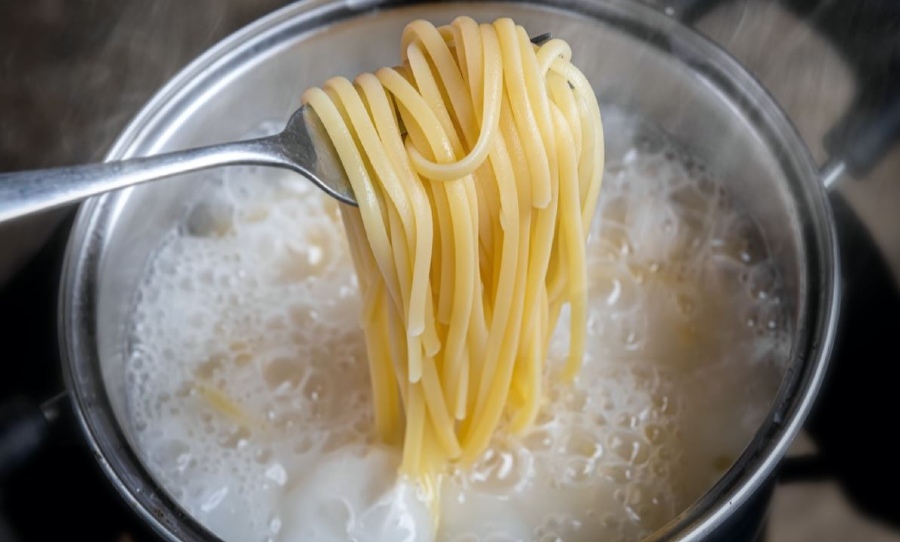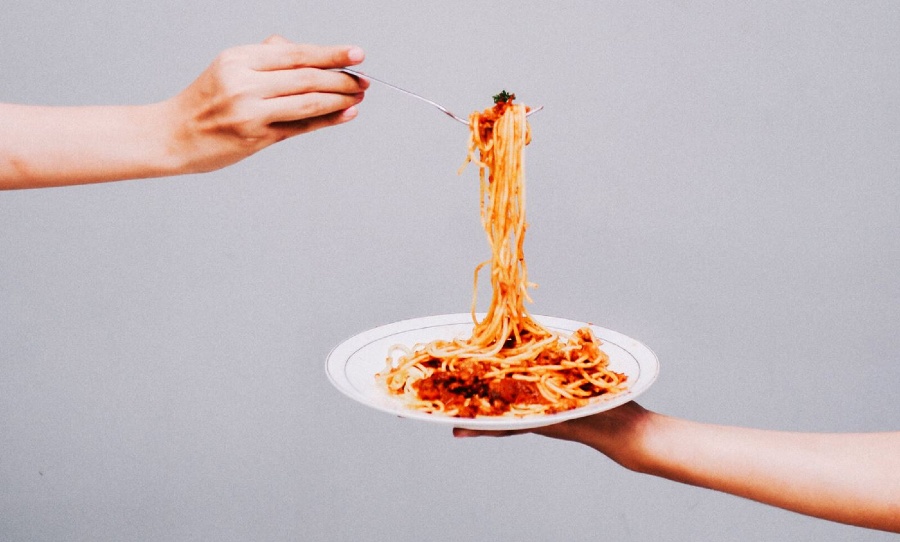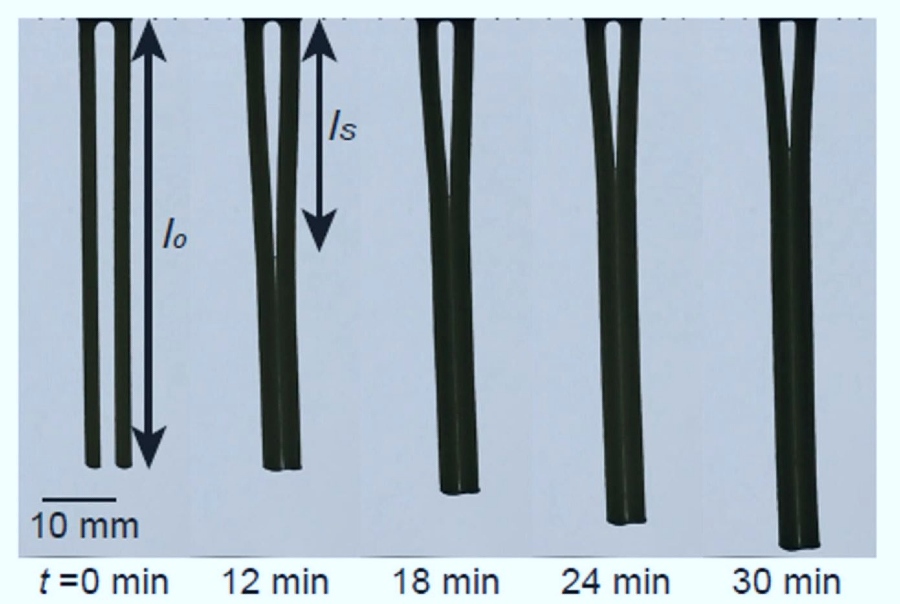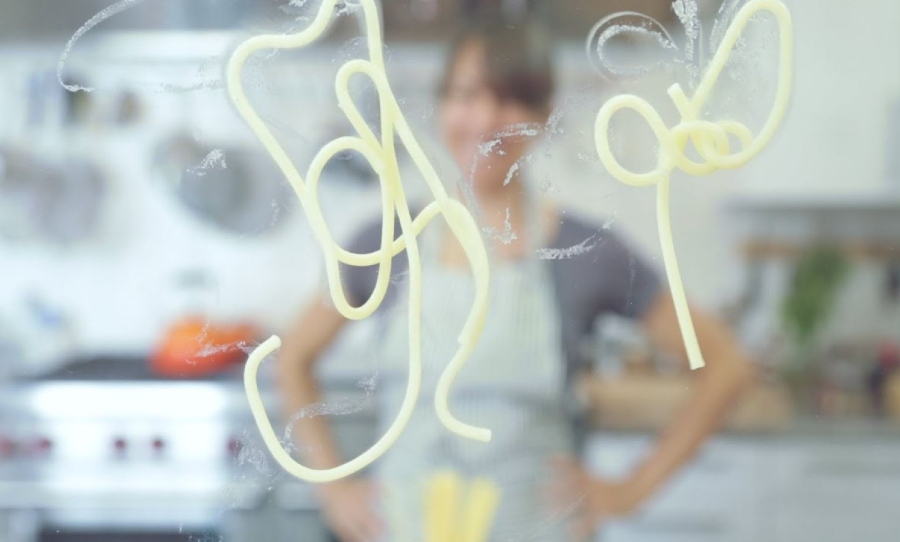Scientists forced to work at home due to COVID have taken to the kitchen to create the most “al dente” pasta that science has to offer!
Cooking pasta is a simple task. Anyone can do it. But cooking it to perfection is somewhat of an art. Some might say that it’s scientific. The perfect balance between salt, temperature, water, and time creates the state of pasta known as “al dente”.
Science is supposed to study drugs and stuff, but scientists in the United States have gone above and beyond to study what makes pasta “al dente”. No more throwing pasta at the wall to see if it sticks!

A study published in Physics of Fluids examined how the nature of pasta changes when cooking. They measured pasta expansion, bending rigidity, and water content to create a theoretical model for the swelling dynamics of starch in pasta.
The lab that performed the study normally looks at the fluid-structure interaction of very flexible and deformable fibres, hairs, and elastic structures. Looking at how pasta behaves when being cooked isn’t too far removed.

Author Sameh Tawfick, from the University of Illinois at Urbana-Champaign, said: “Over the last few years, we joked about how pasta noodle adhesion is very related to our work,”
He continued: “We then realized that specifically, the mechanical texture of noodles changes as function of cooking, and our analysis can demonstrate a relation between adhesion, mechanical texture, and doneness.”

Due to COVID restrictions, many had to work from home, so they took their science to the kitchen. They observed how the noodles grouped when lifted off the plate, the length to thickness ratio, and the impact of salt, to name a few.
The team found that the rate at which the noodle was cooked was directly related to the length of the portion that adhered to its neighbours. The more the noodle stuck to its parallel friend, the more cooked it was, thus determining the state of “al dente”.
Tawfick said: “What surprised us the most is that the addition of salt to the boiling water completely changes the cooking time,” but if you were to ask a chef, I feel like they probably could’ve told them that.



